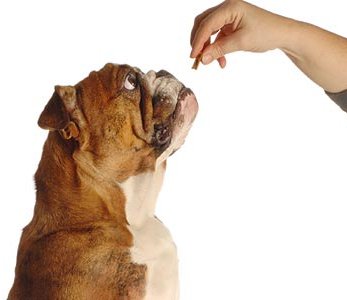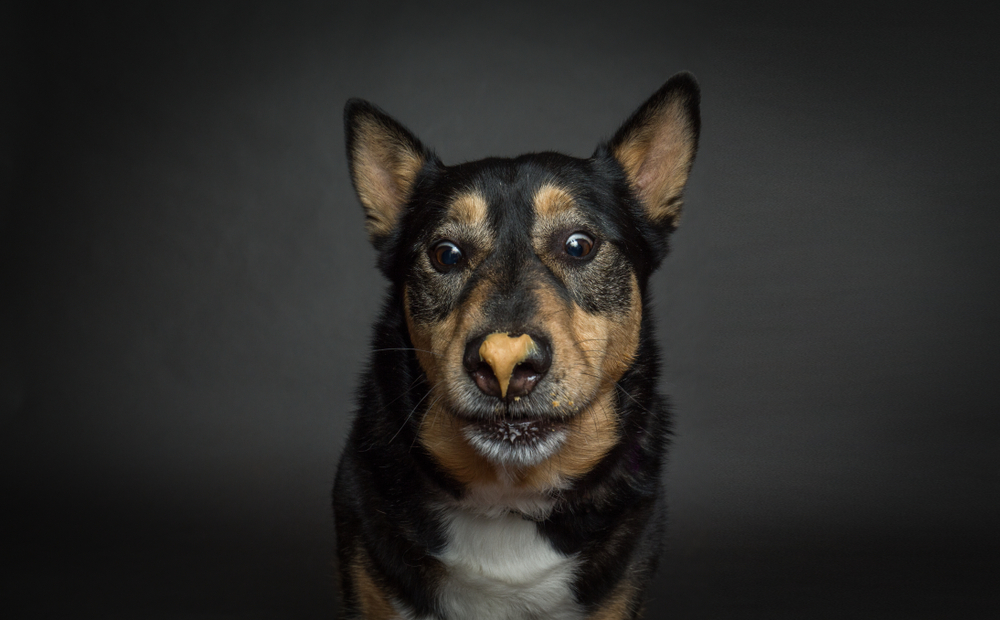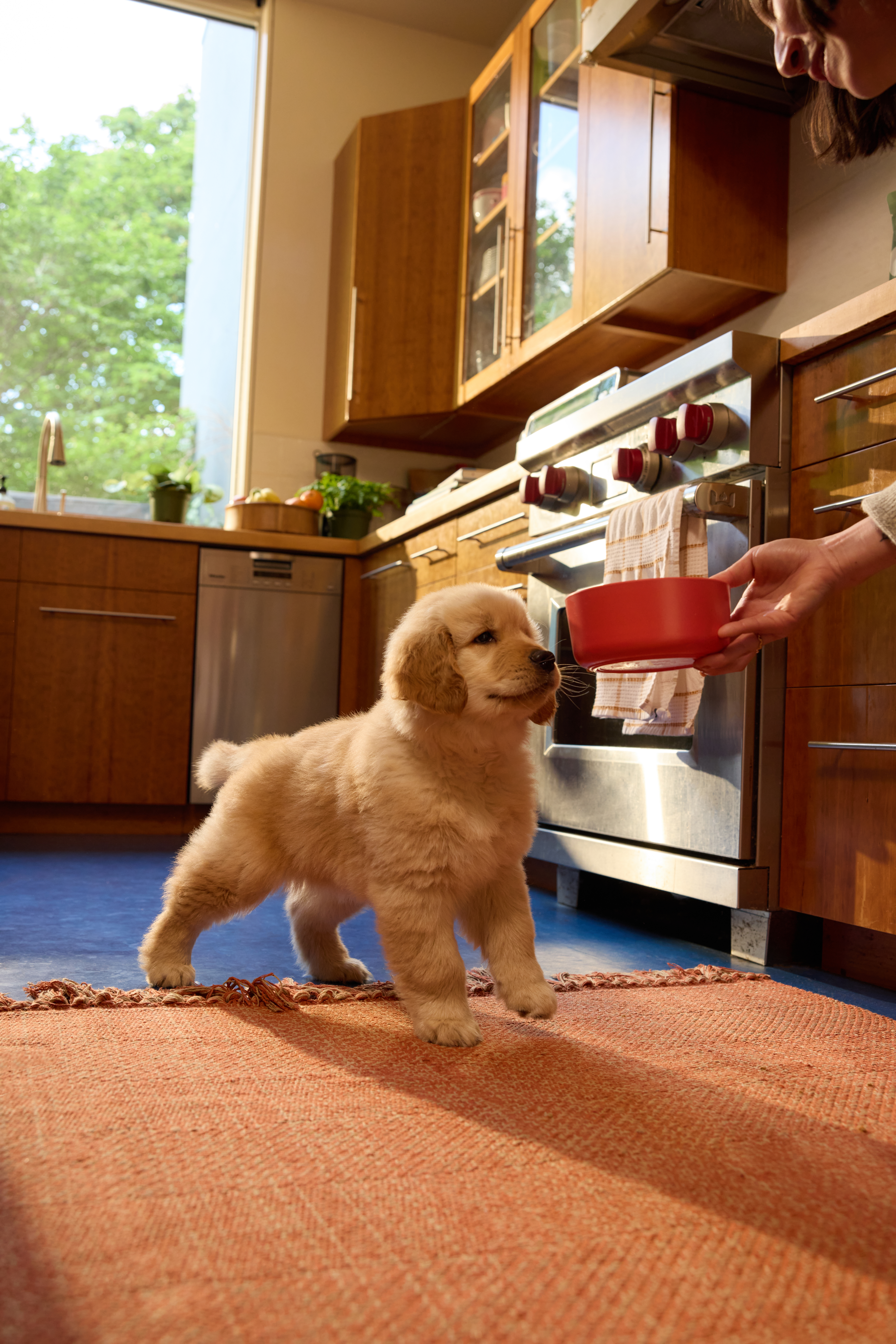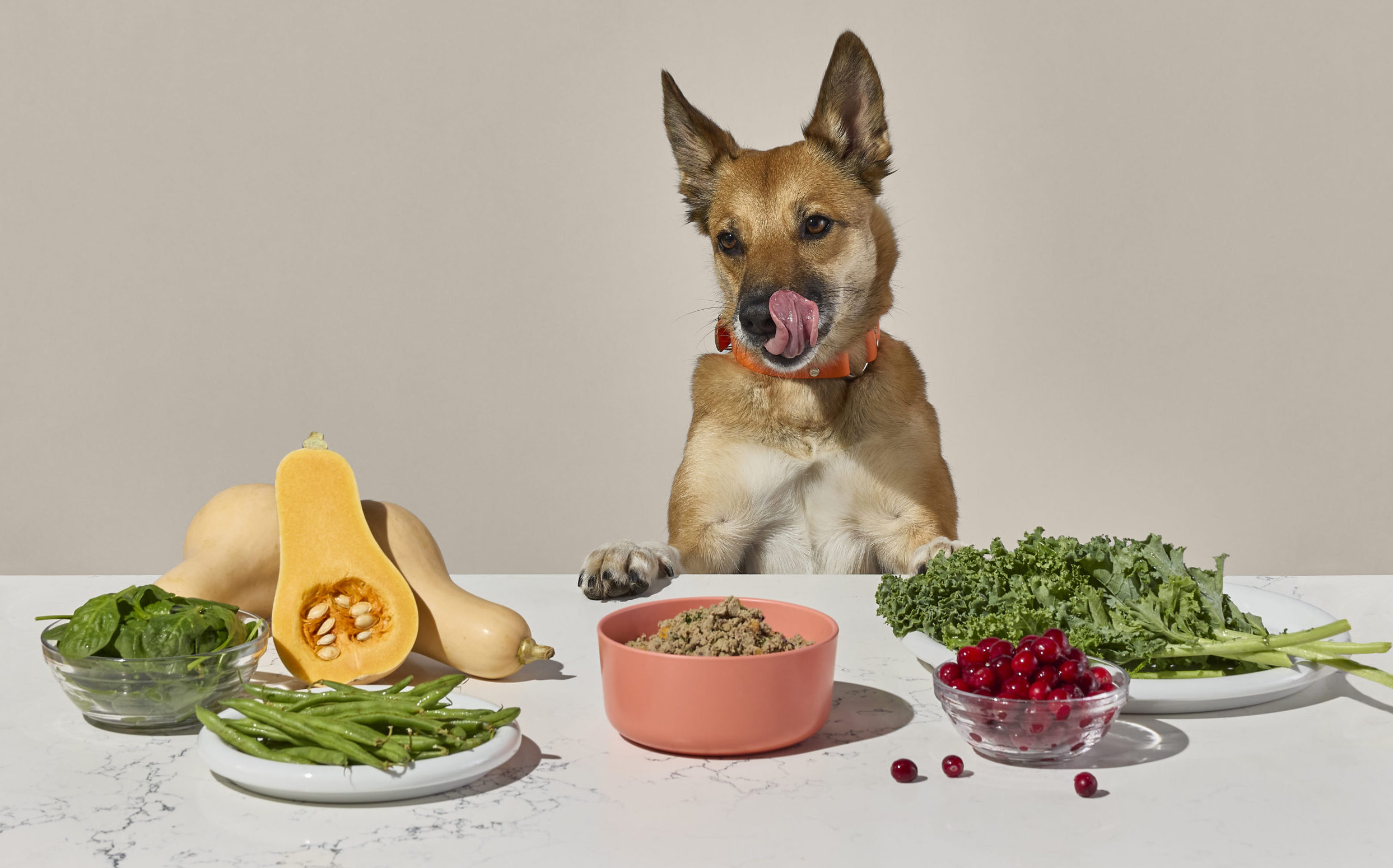Hey Ollie blog readers! We’re offering you an exclusive 60% OFF your starter box! Try now!
Guess what? It may not be your dog food that is making your dog pudgy, but all the BLT’s you’re feeding him in addition to his regular food. Seriously, hardly a day goes by that you don’t offer him a BLT, and if you know anything about dogs, you should know that they cannot resist a BLT. (Neither can I, but that’s not relevant to this convo.)
BLT= Bites; Licks; Treats
Whether it’s a small bite of that crusty end of your sandwich, a lick of your spoon after you add peanut butter to your smoothie, or legit dog treats you use to train Fido to roll over and play dead when you yell, “Tarantino!” these extra calories are adding up to extra pounds. And those extra pounds are shaving extra years off your dog’s life. Ruh-roh.
Of course, treating your dog makes both of you happy, reinforces positive behaviors, adds variety to his diet, and strengthens your bond to JLaw/Schumer status. The dark side of treating, however, can mess up mealtime, reinforce the wrong behaviors (hello, whining), and pack on the old el bees. It’s okay to treat, but there’s a way to treat responsibly.
Let’s break this down into some do’s and don’ts:
DO a little bit of math. Treats should not make up more than 10% of your dog’s daily calories. Keep in mind that a spoonful of peanut butter runs around 100 calories and an average 25-pound dog needs between 500-600 calories per day. According to our calculations, that’s approximately WAY more calories than your dog needs in one treat.
DON’T treat without a purpose. Before you hand your dog any treat, ask yourself why it’s a good idea. Because if you are tossing tortilla chips to your dog to entertain yourself while you’re on a never-ending conference call, he just learned is that he gets treats while you’re on the phone at your desk. Cue the background music that foreshadows disaster.
DO break big treats into smaller treats. Dogs are all about quantity over quality when it comes to treats, so make this work in your favor by splitting one treat into two or three. Win/win. (Or win/win/win, as the case may be.)
DON’T give snacks near mealtime. Remember when your mom used to freak out when you reached for a pudding pop at 5:00 p.m.? “You’ll spoil your appetite!” she shrieked. Same concept here. If your dog eats his regular meals at a specific time each day, avoid training or treats for an hour or so before or after.
DO consider healthy, low-calorie treats like frozen blueberries (perfect for training treats), baby carrots, broccoli, banana slices, apple slices (no seeds), or even air-popped plain popcorn. These are all low or no calorie options that are about a billion times more healthy than whatever bacon-shaped mystery treat you buy next to the toilet paper at the grocery store.
DON’T give more than one treat at a time. More treats does not equal better/faster training or reinforcement, so stick with a one-and-done rule. This does not apply to kisses. Always give more than one kiss at a time. Use of tongue is up to you, but plan on it from the dog.
Treat well!
The Ollie blog is devoted to helping pet parents lead healthier lives with their pups. If you want to learn more about our fresh, human-grade food, check out MyOllie.com.
Tagged As:

The nutrition your dog needs,
the food they want.

Enjoying our articles? Subscribe our Newsletters and get new articles directly to your inbox
You might also like
21 July 2025
6 MINS READ
Can Dogs Eat Nuts? Which Nuts Are Safe & Serving Guide
Can dogs have nuts? Some nuts are fine in moderation, but others can cause serious harm. This quick guide breaks down which nuts are safe for dogs, which to skip, and how to feed nut butters respon…
18 July 2025
4 MINS READ
New Puppy Diet Recommendations for Healthy, Happy Growth
As a new pup parent, one of the biggest ways you can support your puppy’s long-term health is by providing the right nutrition. A puppy’s dietary needs are different from an adult dog’s, and…
by Ollie Pets
18 July 2025
5 MINS READ
How Human-Grade Dog Food Benefits Your Pup’s Health and Happiness
You’ve likely heard the term “human-grade” dog food, but what does it really mean, and is it worth it? Choosing human-grade food can be a significant investment for your dog’s long-term he…
by Ollie Pets







